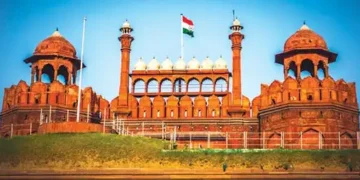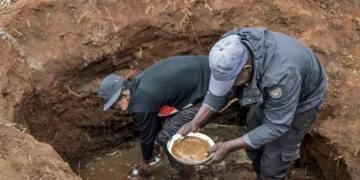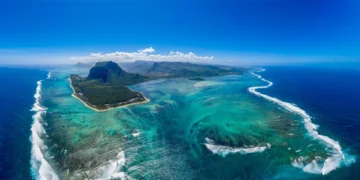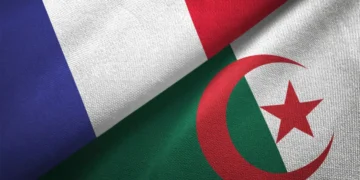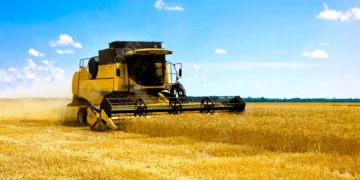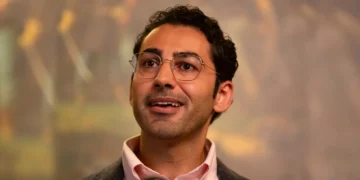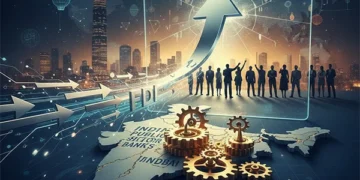Blitz Bureau
NEW DELHI: INDEPENDENCE Day is not only an occasion for celebration, it is also a reminder that the independence has to be protected, and consolidated. As it headed towards its 79th Independence Day, India under Prime Minister Narendra Modi was confronted with this grim reality, and it passed the muster with elan.
The country stood united as its armed forces retaliated against Pakistan- sponsored terror attack in Pahalgam with a telling Operation Sindoor. It also pushed back against the world’s self-proclaimed superpower, the Unted States, when it tried to undermine its strategic autonomy.
While PM Modi underscored “India’s resolve not to be deflected from its journey towards Viksit Bharat”, Defence Minister Rajnath Singh warned anti-India forces of serious consequences of any misadventure. External Affairs Minister made it clear that India would not let any nation to dictate its policy. In an era of global conflicts, where tariffs and economic sanctions have emerged as tools of coercive diplomacy, India stands out as a nation that not only safeguards its national interests but converts every challenge into an opportunity.
A recent report by Carnegie Endowment for International Peace summarises India’s role in the emerging world order. The global order, it says, “is no longer shaped by alliances alone – it is shaped by the ability of nations to protect their own economic sovereignty. Under Prime Minister Narendra Modi’s leadership, India has navigated this volatile landscape with a blend of resolve, pragmatism, positioning itself as a pivotal player in a multipolar world”.
Fastest growing
By expanding trade partnerships, bolstering domestic manufacturing, and maintaining diplomatic flexibility, India under PM Modi has mitigated the risks of over-dependence on any single nation. The Modi Government’s investments in infrastructure have enhanced the country’s trade logistics.
India’s resilience in the midst of trade wars stems from its unique position as one of the world’s largest and most dynamic markets and the world’s most favoured destination for foreign investment. With a population of 1.45 billion, a middle class projected to drive consumption to $6 trillion by 2030, and a workforce adding 12 million new entrants annually, India wields significant bargaining power.
From one of the world’s five most fragile economies in 2014, India has emerged as the world’s fastest growing economies,despite global economic slowdown.
In a world where any leverage is increasingly weaponised, India’s diplomacy under Prime Minister Narendra Modi offers a blueprint for other nations: strategic autonomy is not about isolation but about building resilience through diversification. Driven by its strong economic growth, large and youthful population, and its growing global engagement, India has established a notable increase in international influence. This is reflected in its rising acceptance across the global divide and its proactive role in multinational forums.
